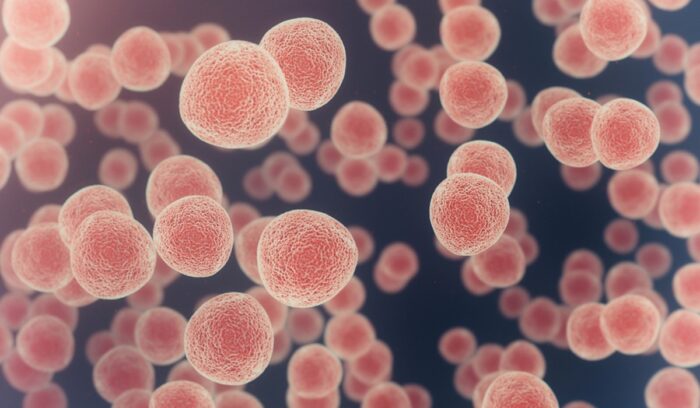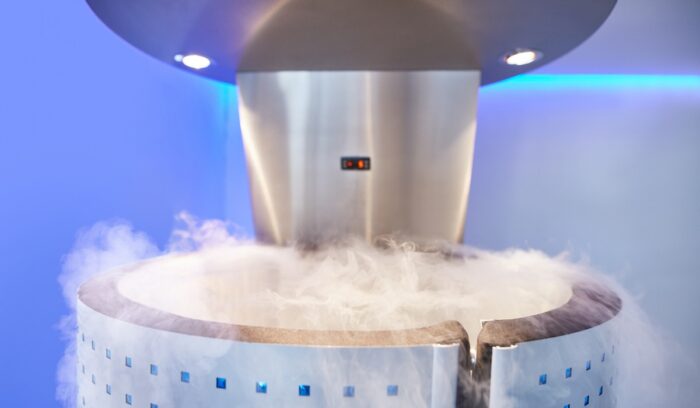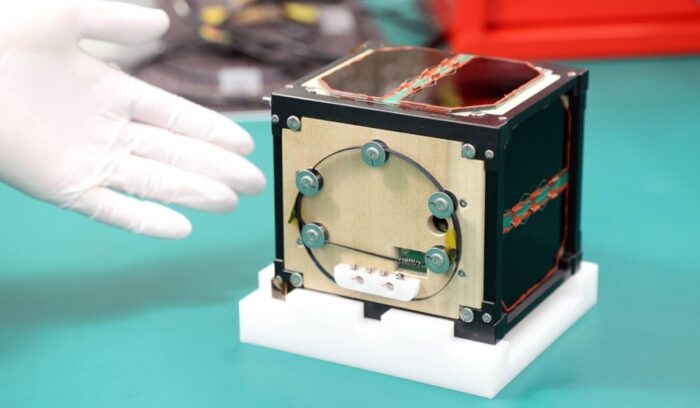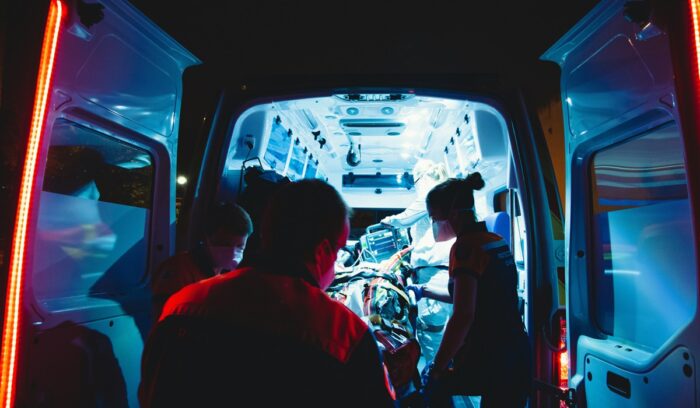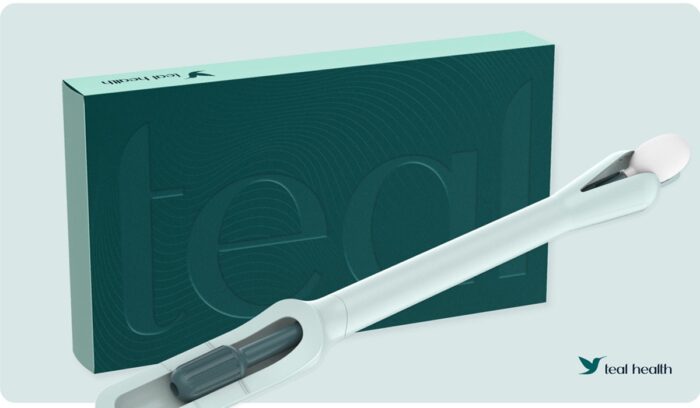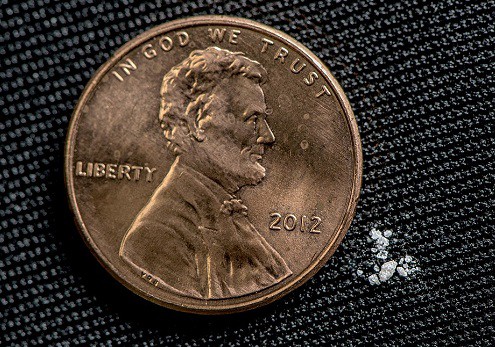Chinese scientists discover way to make batteries more efficient
A new water-based battery design is safer and more energy-efficient than traditional lithium-ion batteries, researchers from the Chinese Academy of Sciences claim. Today’s lithium batteries have enabled the rise of EVs, but their flammable organic electrolytes make them a fire risk, and their energy density puts a cap on EV driving range. The new water-based design replaces those combustible components with a safer, more stable water-based electrolyte that can pack way more energy into the same space.


